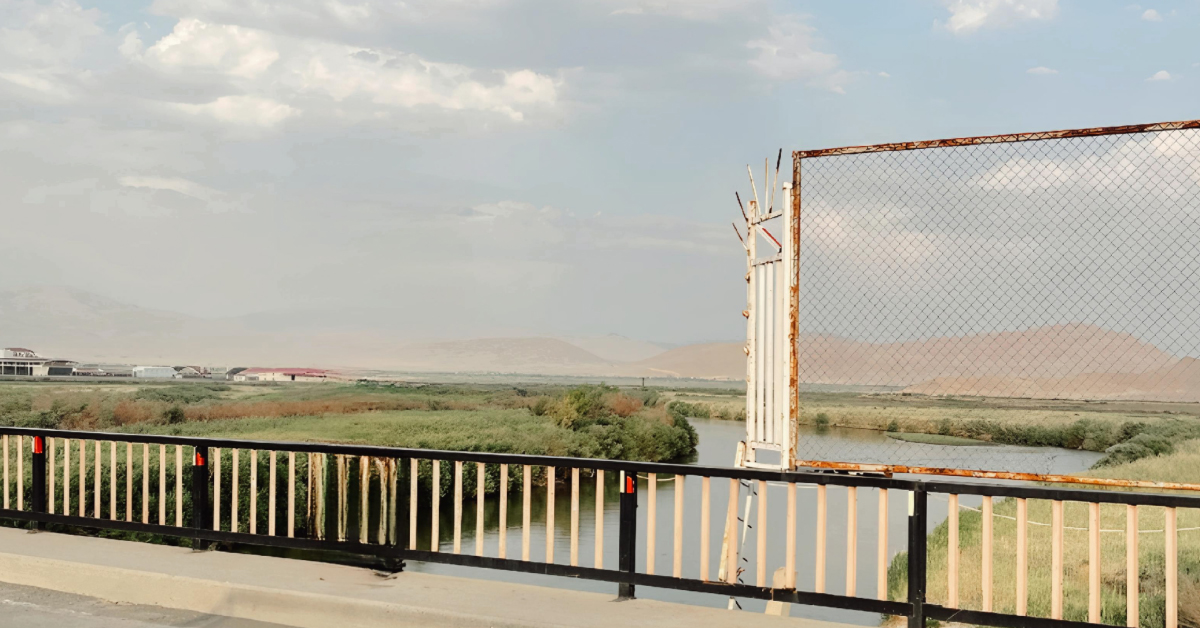2025
2025
2024-10-25

Although Turkey and Azerbaijan closely cooperate in many areas, their long-term strategic interests do not always align. The Nakhijevan Autonomous Republic, which does not have direct land connection with the Republic of Azerbaijan, is economically and communicatively more closely tied to Turkey. Turkey's presence in NAR is growing not only in the economic sphere but also in the culture. Iran is also trying to increase its influence in Nakhijevan. It concerns the Azerbaijani authorities, who strive to maintain their control or, as a more distant plan, to eliminate the status of the Autonomous Republic. According to many experts, the removal of Vasif Talibov, the long-time ruler of NAR, from his position is a step in this direction. Fazil Mustafa, a member of the Azerbaijani parliament, made a statement on this matter, noting that there should not be different rules in different parts of the country, especially since now in Nakhijevan “there is neither a khan nor a sultan”’.
The NAR’s economy is largely dependent on Turkey. The latter mostly satisfies NAR's energy needs and is its primary trading partner. Factors contributing to this are the Igdir-Sadarak land route, the Nakhijevan-Istanbul flights, etc. The Dilucu border crossing, located on the Turkey-NAR border, has been operational since 1993 and has seen a significant increase in trade volume in recent years, giving a boost to cross-border trade. As of 2022, $87,947,048 worth of goods were imported from Turkey, while $18,308,367 worth of goods were exported from NAR to Turkey.
In 2023, the construction of a Igdir-Nakhijevan gas pipeline from Turkey to the NAR, began. This project is expected to further strengthen Turkey's influence in Nakhijevan. Currently, Nakhijevan’s natural gas is supplied through Iranian territory. While the pipeline is anticipated to contribute to Nakhijevan's economic growth, it also raises concerns in Azerbaijan about increasing the region's dependence on Turkey.
Turkey's influence in the region is also growing due to the significant number of people migrating to Turkey due to poor social conditions. The migration is so intensive that in some Istanbul neighborhoods, a large portion of the residents are Nakhijevanians. This is according to a report by the Institute for War and Peace, authored by an Azerbaijani journalist using the pseudonym Adalet Bargarar.
Similarly to the rest of Azerbaijan, Turkey is actively conducting a "soft power" policy in the NAR. Turkish media, television shows, and series are widely consumed there, overshadowing Azerbaijani media products. Residents of the NAR have become more connected to Turkish than Azerbaijani culture. Turkish influence worries Azerbaijan, as it threatens the project of building an "Azerbaijani national identity" in Nakhijevan.
Turkey's military presence in the NAR is also important, especially the joint military exercises. These emphasize NAR's dependence on Turkey in the defense sector, which is also evidenced by the opening of a military complex in Nakhijevan in 2023. These and other similar steps already indicate that Azerbaijan's ability to make independent decisions regarding Nakhijevan is limited, which could lead to a weakening of its position in the Autonomous Republic.
Therefore, there are contradictions in Turkish-Azerbaijani "brotherly relations," though they are not explicitly expressed. If these trends persist, it is probable that Turkey will be able to fully "absorb" the region, rendering Azerbaijani control merely formal. The Nakhijevan Autonomous Republic serves as a significant tool for Turkey, preventing Azerbaijan from escaping its sphere of influence.